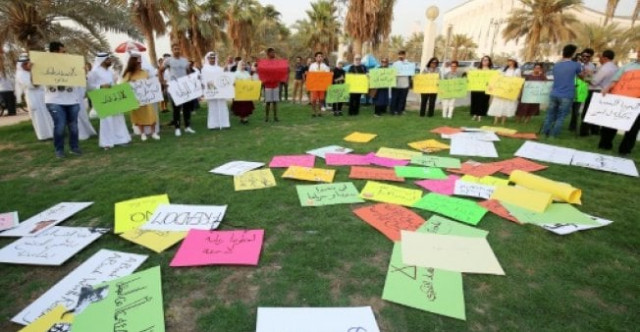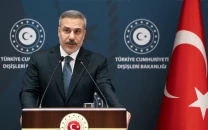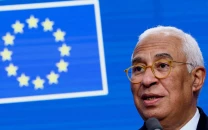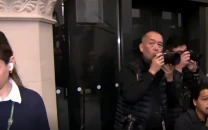After Gabo book purge, Kuwait bans Dostoyevsky
Activists took to streets of Kuwait's capital twice in September to protest against rising censorship

© AFP/File | Kuwaitis gather outside the National Assembly on September 15, 2018, to protest against the government's banning in recent years of publications including the Hunchback of Notre-Dame. PHOTO AFP
Saad al-Anzi, who heads the Kuwait International Literary Festival, told AFP the information ministry had banned 948 books including Dostoyevsky's The Brothers Karamazov, a novel set in 19th century Russia that explores morality, free will and the existence of God.
Dostoyevsky joins a growing list of writers banned in the relatively moderate Gulf state, where a conservative trend in politics and society is rising.
More than 4,000 books have been blacklisted by Kuwait's information ministry over the past five years, including Victor Hugo's "The Hunchback of Notre-Dame" and "One Hundred Years of Solitude" by Colombian author Gabriel Garcia Marquez —Gabo to his fans.
Pakistan's press freedom - a pipe dream
All titles on show at the 43rd edition of Kuwait's book fair, which runs through November 24, were screened in advance by a censorship committee as per Kuwaiti regulations.
The committee works under a 2006 law on "press and publications", which outlines a string of punishable offences for publishers of both literature and journalism.
Offences include insulting Islam or Kuwait's judiciary, threatening national security, "inciting unrest" and committing "immoral" acts.
Activists took to the streets of the capital twice in September to protest against rising censorship.
Self-censorship is on the rise within news organisations in Pakistan, says media watchdog
Through the 1970s and 1980s, Kuwait was a regional publishing hub, home to the high-brow, pan-Arab cultural journal "Al-Arabi" and a string of popular scientific and literary books.
But in recent years, religious conservatives and tribal leaders have gained ground in parliament, parallelled by changing societal trends. Kuwait is the only Gulf state with elected lawmakers.



















COMMENTS
Comments are moderated and generally will be posted if they are on-topic and not abusive.
For more information, please see our Comments FAQ